Iran marks anti-British colonialism day each year
Iran, never a British colony, marks anti-British colonialism day each year on Shahrivar 12 (September 3rd), a reminder of a potent British presence in Iran, while commemorating efforts to thwart imperialist influence in this country by tribal fighters.
This day is the martyrdom anniversary of Rais Ali Delvari who organized popular resistance in the south of Iran against British troops which had invaded Iran in 1915.
In other words, Iran felt their boot, without the British being resident imperialism in this country. They first set their sights on Iran in the 19th century. But Iranians suspect British involvement wherever things aren’t right.
Is it simply paranoia based on a past reality or is the past present? And is the UK still a policy-maker or just a follower of a US policy of hostility and destruction in Iran and West Asia?
The British, generally fair in court and chatty over a “cuppa”, can’t boast their ancestors left the same impression when they ventured out as a modern power. World War I saw a neutral Iran occupied by British Russian and Ottoman forces, with the British emptying this country of grain in the name of feeding their soldiers resulting in 10 million Iranians being starved to death or driven to deadly illness between 1917 and 1919. A massacre! The country’s total population had been no more than some 30 million. This trend of any means justifying the end continued into World War II and beyond into the 1950s.
After World War II, the decline of the British Empire began. If you pay attention, the secession of India in 1949, the nationalization of the oil industry in Iran in 1953, and the nationalization of the Suez Canal in 1956 by Jamal Abdul Nasser marked the decline of the British Empire which was 30-million square kilometers. It controlled such a vast expanse that it was believed that the Sun never set in its territory. But World War I and World War II 25 years apart, weakened Britain and helped oppressed nations free themselves of British yoke.
Mohsen Jalilvand, Analyst, Britain Affairs
The recent choice of British ambassador to this country did not help with the Iranian impression of Britain in politics. Simon Shercliff has been a high ranking intelligence service man. He was actually director for national security at the foreign office from Feb 2018.
What never dies in Iranian minds was in fact portrayed in a whole TV series which ended just this week on Sunday the 5th of September. Gondo portrayed British Meddling to the point of menacing in this country, by drawing on real-life characters.
Some TV critics say the series is too distant from facts on the ground and has sunk into fiction. But all the same it does trace a historic reality of the British presence, otherwise known as the English Job.
Mr Shercliff’s reaction is interesting. He says he utterly enjoys Gondo 2 anyway. And so Iran’s national TV chief suggested the British Government broadcast the hit series on the BBC.
In the Gando series, the main takeaway is: now that Americans aren’t in Iran, the British are doing the Americans and the Western bloc’s bidding in Iran, especially regarding a soft influence in the country’s economy, politics, and also Iran’s border issues and helping the separatists.
Mohammad Ahmadi, Researcher and University Professor
The said spy thriller series Gando 2 focuses on individuals spying for Britain and shows Iran’s security apparatus detecting and neutralizing MI6 plans to undermine this country’s sovereignty. Hostile plans that didn’t subside but apparently peaked over the past 10 years.
Gondo is a small crocodile indigenous to southeastern Iran, cunning and agile in hunting its prey.
The structure of the MI6 is different. If you refer to the book “British Wage Earners in Iran”, it names people that would astound you.
They’ve been developing such a network for quite some time.
It’s been underway since the Qajar period and is now being directed by Free Masons and others. Many believe that the British have been behind most of the events happening in Iran.
Mohsen Jalilvand, Analyst, Britain Affairs
Cases of British espionage and sabotage are abundant and well documented.
The story of Gondo begins with transferring someone detained across the Afghanistan border, reminiscent of a similar incident last year.
Mohammad, the hero of the story, visits a border town to look into the case of a spy fanning the flames of sectarianism within Shia and Sunni communities. Along the way he finds clues to links between Iran’s nuclear deal negotiators and foreign powers, especially Britain.
I think these were people who wanted to have good ties with the British government and that’s why they entered into a deal with them, although subconsciously.
They thought that they’d provide the British with information and they’d receive some favors in return. The favors could be either personal or, as they thought, could be in line with Iran’s national interests.
We’re facing both scenarios, which is why I’m not saying that they were ill-wishers.
Some of them think they’re working for Iran’s national interests as they’re promoting reconciliation and making a deal between the two sides.
But the British officials look at this differently. They deem it as a way of support.
Iranian officials also look at this as cooperation and collaboration with foreigners.
Mohammad Ahmadi, Researcher and University Professor
There are no real names provided but as the story develops we meet Ibrahim Sharif, Mousa Pourhadi Saboonchi, Abdolrasool Ashrafi and Bahador Karimi, who participate in the talks, directly or indirectly, and submit Iran’s confidential economic and political information to foreign parties.
Many media outlets, matching the fictional characters to real-life cases, discovered the real people they resemble, who are either detained, convicted or on the run. Whether verdicts will be overturned is another matter.
Because the United States cannot enter Iran easily it has to use British agents or some nationals of other countries.
The British are much more experienced than the Americans, especially because of their long-running studies of Iran and their experiences with the Iranians since the 19th century, and their agents who have been active in Iran for many years, both before and after the Islamic Revolution.
Mohammad Ahmadi, Researcher and University Professor
The series, which is directed by Javad Afshar and written by Arash Ghaderi, asserts that even currency rate fluctuations over the past 4 years are down to British ring-leading and possibly some former central bank managers.
It explains how the British embassy latches onto one of the managers to assimilate 4 of his affiliates in that sensitive bank. And then London starts engineering currency market rates to increase the price of foreign currency.
Not to point a finger at any individual, but this state of the economy would cause dissatisfaction and unrest in the country.
We even see that concerning economic matters, including Iran's financial and exchange market, Iran's assets abroad, and the like. Britain needs accurate information, in line with the interests of the U-S, about how Iran copes with sanctions, for example, that’s why they use these kinds of people. Some might call it espionage, but words don’t change the facts. We’re seeing them as documented facts.
Mohammad Ahmadi, Researcher and University Professor
Exchange rates are engineered utilizing supply management and psychological warfare.
Charlotte, a high-ranking MI6 agent, maintains a physical presence in the currency market to assist embassy affiliates in destabilizing the Iranian market.
The Western capitalist world is a closely integrated one. They might disagree on some topics, but they act in unison.
According to Carl Marx, capitalism lacks two factors; one is religion and the other a homeland.
It has a global status. Britain was the driving force of the capitalist system for years. It’s now left that to the US and retired to the back seat. But it continues to retain its influence and policies in West Asia.
I’m certain that it has deep influences in all West Asian countries and has expertly laid out its chess pieces there.
Mohsen Jalilvand, Analyst, Britain Affairs
The UK also has a long-standing entanglement with Iran as does the USA. It was cut off from Iran, as the United States was, by the Islamic Revolution.
But Britain was perturbed by Iran, long before the revolution, when in the 1950s Tehran nationalized its oil.
The US may have been pleased Britain’s pipeline to Iranian oil was severed, but the British persuaded America to help them retaliate with what’s known as the 1953 coup that toppled the democratically elected government of Dr Mohammad Mossadegh.
Iranians to this day hold a grudge against both countries for their interference. And the British and Americans just can’t bear to let go of their seemingly loosening grip on this region. Not that the method has to make sense.
The Ebrat prison is a reminder of torture by SAVAK the intelligence service during the Shah’s time, one wonders if an imperialist Britain and capitalist US could have had anything to do with the physical torture.
Colonialism is colonialism. It’s colonial in nature. The colonizers aren’t enemies; they’re friends. There might be rivalries between them, but that’s as long as they want to dominate a region. If nations wake up, they will also unite. For example, during the Constitutional Revolution in Iran circa 1906, the nation won. In 1907, the Russian and British divided Iran among themselves. That’s while they were both rivals. The Russians wanted to colonize Iran with their 1919 deal. If the deal was implemented, the 1921 coup and ascension of Reza Khan to the throne would not have taken place, because Vosough al-Dowleh and the members of the Lodge of Awakening would have done that. But when the deal broke down, their objective switched to changing the government and its structure.
Ghasem Tabrizi, Historian
And so the plot and fight continues, as is hinted at in Gondo.
Britain in fact appears to be complementing US hostile actions against Iran and other countries in the region: for example, the United States has not fought in any war in the Middle East without Britain.
The UK and US may be secret rivals but they can’t do without one another to hold on. Britain noticeably appears desperate to keep in with America since Brexit in 2020.
On the other hand, the Americans don’t have the experience that the British do in Iran and our region. And they need a network of accurate geographical and ethnic information about Iran; they want to know about Iranians’ habits and characters. They need to have relations with Iran's foreign opposition, and other issues, which we mainly call soft power.
Mohammad Ahmadi, Researcher and University Professor
The so-called “wars of 9/11”, 20 years later don’t appear to have met any ends, never mind fulfilling evidently false premises they were based on. The Twin towers apparent al-Qaeda explosions?
To this day no one knows for certain it wasn’t an inside job. The British and American people have also had enough of these senseless wars. In 2015, YouGov revealed that support for West Asia or Middle East intervention had collapsed from two-thirds to one-third since 2003. A similar fall, from 63% to 38%, was recorded by YouGov America.
By Nov 2019 the US had spent $6.4tn [on almost two decades of interventions, with more than 7,000 military dead. Britain had lost [more than] 634. The justification was not satisfying.
If the Brits and Americans continue with hopeless wars because of delusions of colonial grandeur from a time long past, they should bear in mind that Iran is known as the world’s first empire, a benevolent empire from 2500 years ago. Yet it doesn’t go capturing weaker countries because of some delusion of what can be.
Since Fath Ali Shah’s rule, we have witnessed the betrayals, trouble-making, and crimes of the British in Iran. The British were to blame for one of the betrayals against Iran during the Iran-Russia war. They separated Herat from Iran and deployed troops in Bushehr and committed crimes.
Ghasem Tabrizi, Historian
After the revolution, the UK has always had hostile actions. For example, in 1980, the country cut ties with Tehran mostly due to the US embassy takeover in Nov 1979 and closure of that embassy at the request of Washington. The den of spies as Iran named the embassy.
An attack on the Iranian Embassy in London won’t have come as a total surprise.
Soon after the US embassy, the UK closed its Tehran mission. Around the same time, the Iranian embassy in London was forcefully occupied by a group of six anti-Islamic Republic pan-Arabist gunmen – identifying themselves with the Democratic Revolutionary Front for the Liberation of Arabistan (DRFLA) – which actually meant Iran’s Khuzestan province of Persian and Arabs.
It was perceived to be a Carter-Thatcher conspiracy executed by Iraqi hands.
This has been the usual MO of the British since World War II to support minorities in different countries to pressure the others. This leaves those regional countries in a perpetual state of weakness and tension. When the U-K throws its weight behind a minority in some country to get to power, for example in Bahrain, the minority needs backing to stay in power. This makes them dependent on London in the long run.
Mohammad Ahmadi, Researcher and University Professor
British influence or Britain’s pan-American influence doesn’t have to be direct.
It has the UN to wield as its weapon, especially with the America at its side to support and prop-up all anti-Iranian plans and sanctions in the United Nations.
In defining colonialism, we say it has had three stages. The first was the old colonialism, like the military occupation of India. The second is neo-colonialism, like bringing to power Reza Khan in Iran, Ataturk in Turkey, and Faisal in Iraq.
They brought in their own people. There’s also a trans-colonialism that starts from international institutions, media, and universities. This is a type of colonialism the US is at the forefront of. It’s the neo-colonists’ move to fight back.
Ghasem Tabrizi, Historian
Other indirect means of meddling in Iran are: Supporting wannabe over-throwers of the Islamic Republic and sheltering separatists and monarchists.
We’ve also got the MEK at the other end of the overthrowing spectrum, otherwise known as the hypocrites. They are a heavily-armed cult-like terror group that fought next to Iraq against Iran in the 1980s; traitors so to speak.
And these groups don’t just exist. They are voiced by anti-Iranian Persian-language opposition news networks launched by or allowed to be launched by the UK in the UK. Iran International is one.
It is owned by Volant Media, which has a director named Adel Abdulkarim, who is a Saudi national and known to put Saudi funds behind the channel. Now this channel began operating in 2017 when relations between Iran and Saudi Arabia were sore.
BBC Persian TV on the other hand was launched in mid-January 2009 just months before the post election riots in Iran. Could be just a coincidence….
It’s in the name of freedom of expression that the UK has become a safe haven for groups opposing the Islamic Republic, hence, the launching of said channels and moving around money by Iranians of the opposition front.
Since Britain created the BBC Radio years ago, it’s been gathering opponents of Iran and training them. I don’t want to talk about conspiracy theories that I personally believe in, but the BBC is funded by the British government. The outlet claims to be working independently, but it receives funding from the government.
A vast majority of its employees are like George Orwell who was a spy and worked for the BBC. A majority of them have ties with intelligence services in West Asia and other regions of the world. Naturally, when London opposes a country, it will gather the opposition members and provides them with services.
Mohsen Jalilvand, Analyst, Britain Affairs
It’s no secret the UK has blocked Iran’s access to its assets. It was reported in 2009 to have frozen $1.64 billion in Iranian assets, actually, under the EU (European Union) and UN sanctions against Iran… The UN Security Council imposed three sets of sanctions on Iran between 2006 and 2009 over its nuclear program, while Tehran said it was designed only to generate electricity.
Is withholding blocked Iranian money the UK’s own decision or is it waiting for a green light from the USA before it releases the funds?
A lot more money has safely crept into the UK from Iran, so the question remains pertinent.
Britain has had trade relations with Iran for years after the Islamic Revolution. It can claim that it can’t return Iran’s funds because we no longer have trade ties because of the sanctions.
This claim isn’t valid. The UK has had trade relations with Iran for decades, even after the Islamic Revolution. Also, after the JCPOA was signed, all sanctions were lifted in the first couple of years, giving the UK the chance to pay back what it owed, but it didn’t.
Mohammad Ahmadi, Researcher and University Professor
UK intervention has of course not always been indirect. In fact it has been physically hostile as recently just over two years ago.
“The UK illegally detained a tanker carrying Iranian oil in international waters the Middle East, claiming that it was transporting oil to Syria in violation of the EU sanctions. That was on July 4 2019; years after the 2015 nuclear deal which had violated.
In 2019, Britain embarked on an adventure in the Mediterranean Sea. It seized an Iranian tanker that was carrying Iranian oil to West Asia. It was later revealed that this was done at the request of the United States. Iran could not get its oil tanker backed through negotiations. This was while no international law allowed such a seizure. After a while, Iran demonstrated a strong reaction to this, forcing the UK to release the tanker. This shows the decline of Britain’s hard power. It also indicated the US influence in issues related to ties between Iran and the U-K.
Mohammad Ahmadi, Researcher and University Professor
British meddling began two centuries ago, whether it will go on much longer is not known. To see where Anglo-Iranian relations might lead is yet to be evinced.

US B-52 bombers in West Asia do not scare Iran
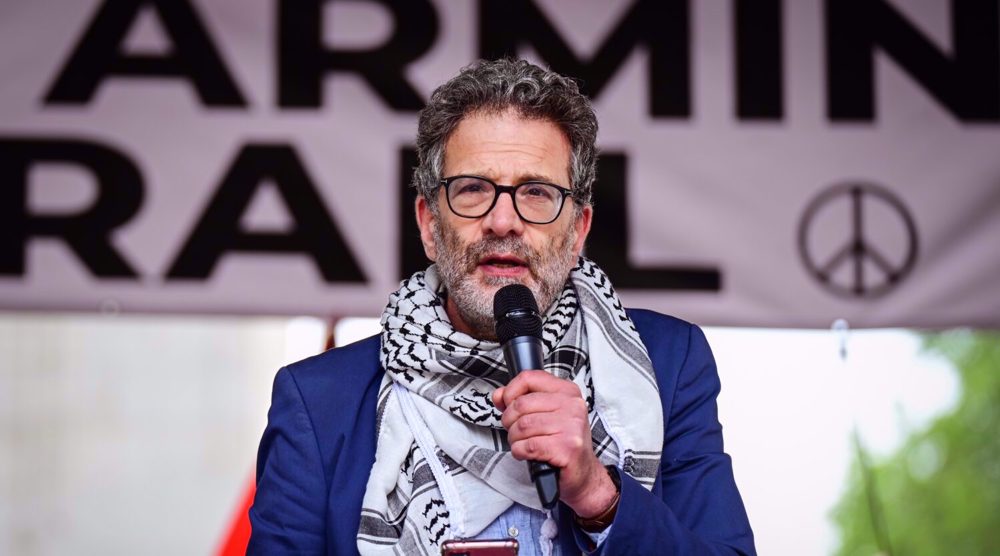
Palestine Solidarity Campaign director on trial

‘Doctors Against Genocide’ demands US Senate stop Trump
Hezbollah's display of power proved resistance cannot be eliminated: Iran parl. speaker
Israel escalates West Bank raids as official says regime seeking to complete Gaza genocide
Australian senator smeared by anti-Iran groups for saying Iranian women 'have a voice'
Palestinian man dies in Israeli prison as Foreign Ministry urges intl. probe into regime’s crimes
Putin says not opposed to Europeans’ involvement in Ukraine talks
VIDEO | Iranian Kurdish protesters demand European action against PKK, PJAK terror
VIDEO | Israel expands offensive in northern West Bank, deploys tanks to Jenin
VIDEO | Spaniards fill streets of Cádiz in solidarity with Palestine


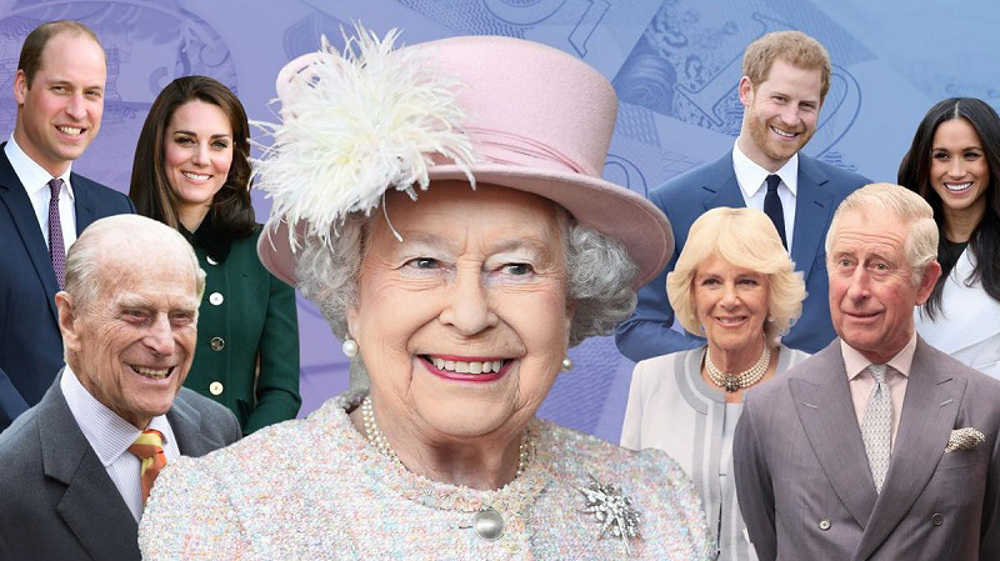
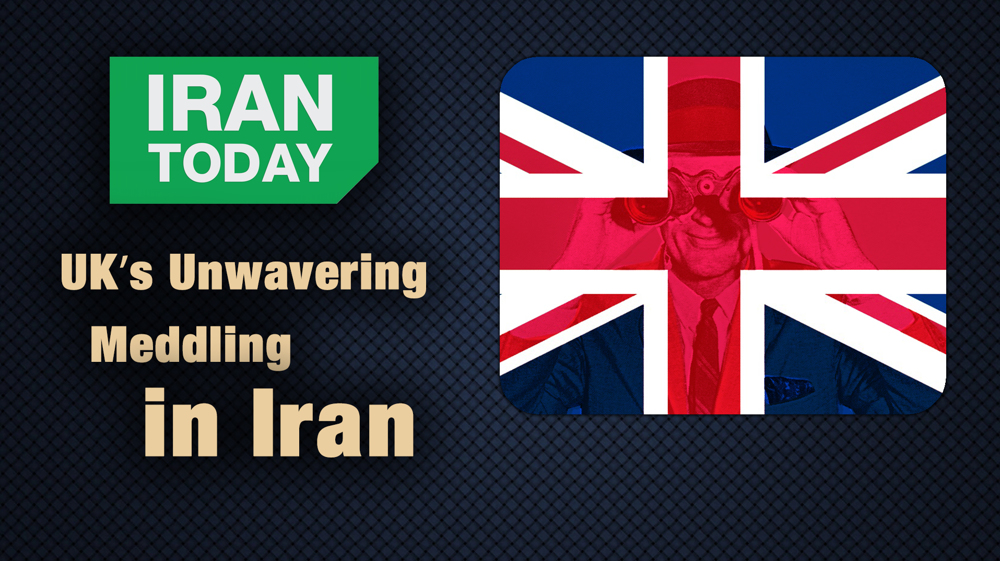
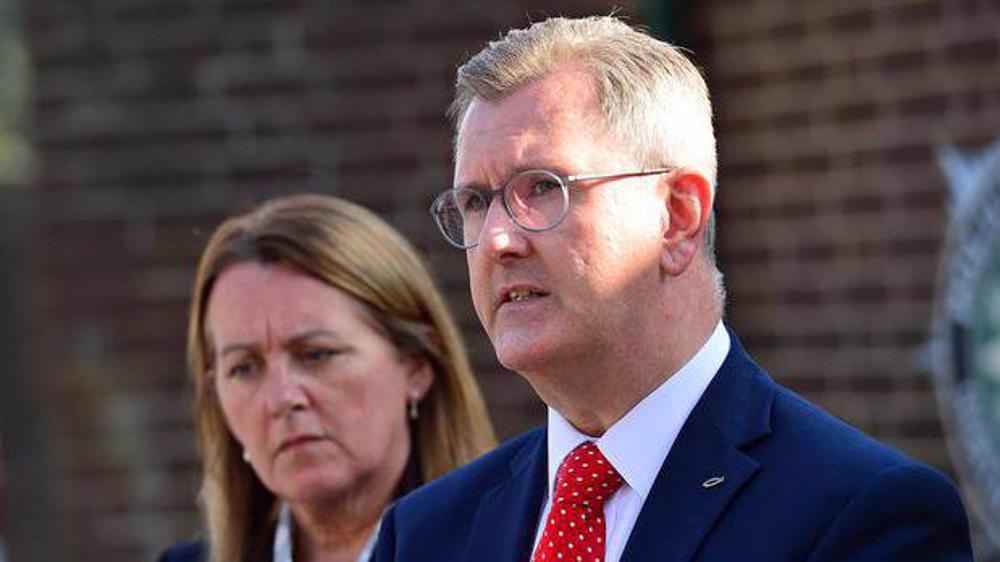
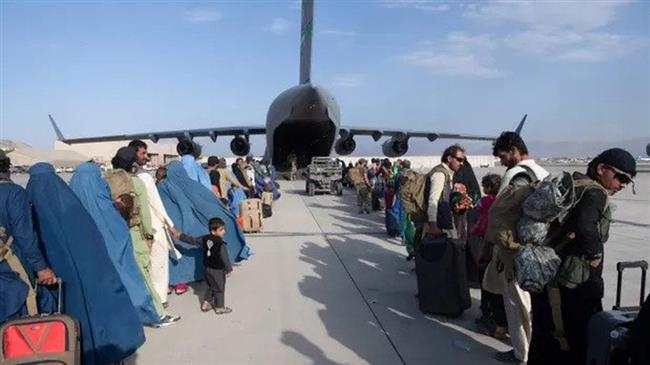
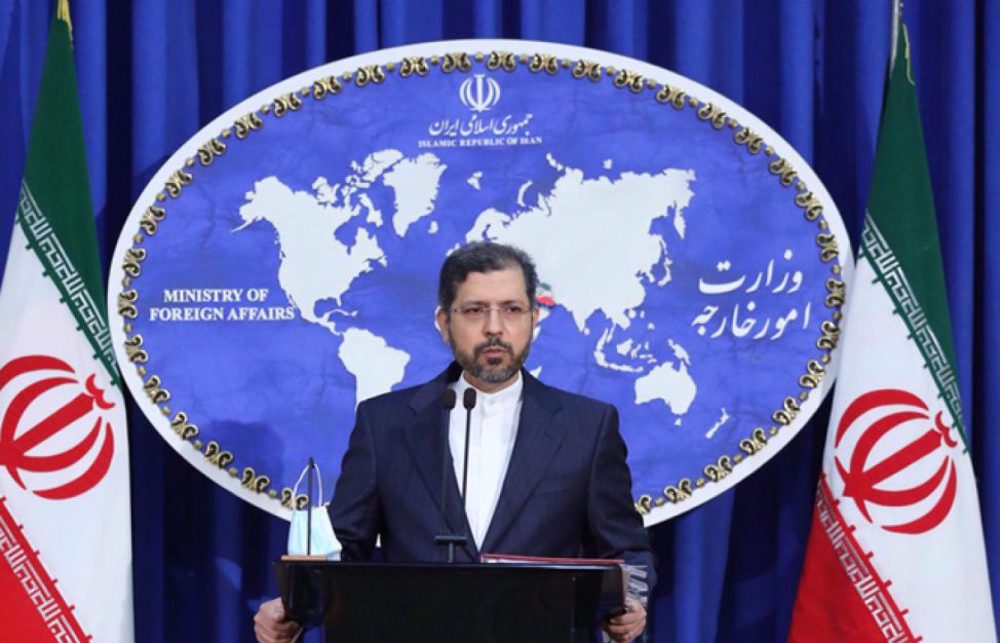
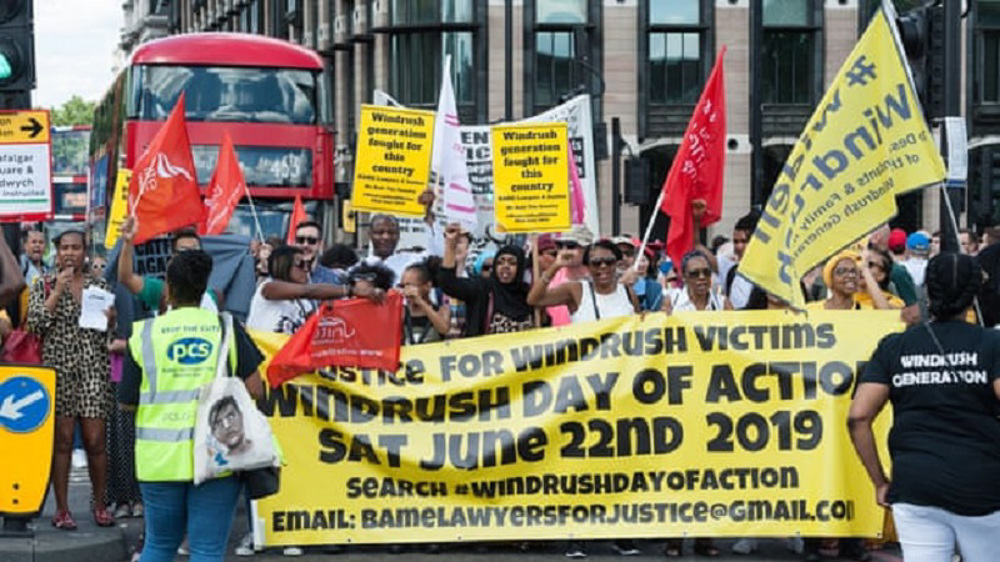
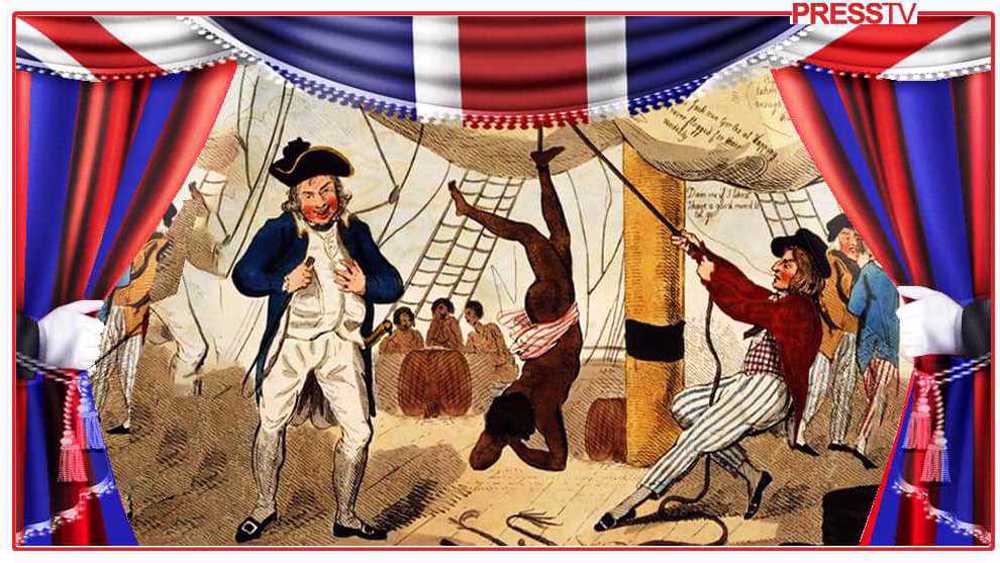
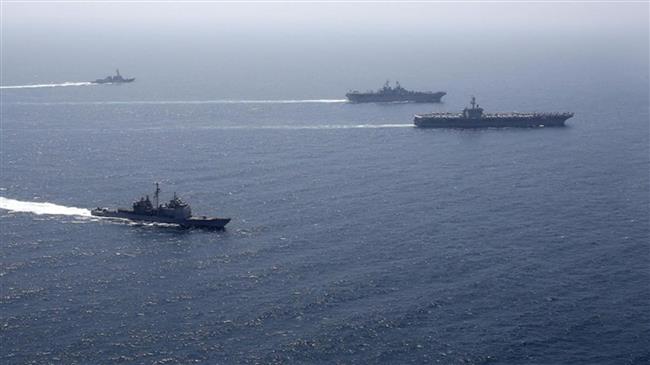
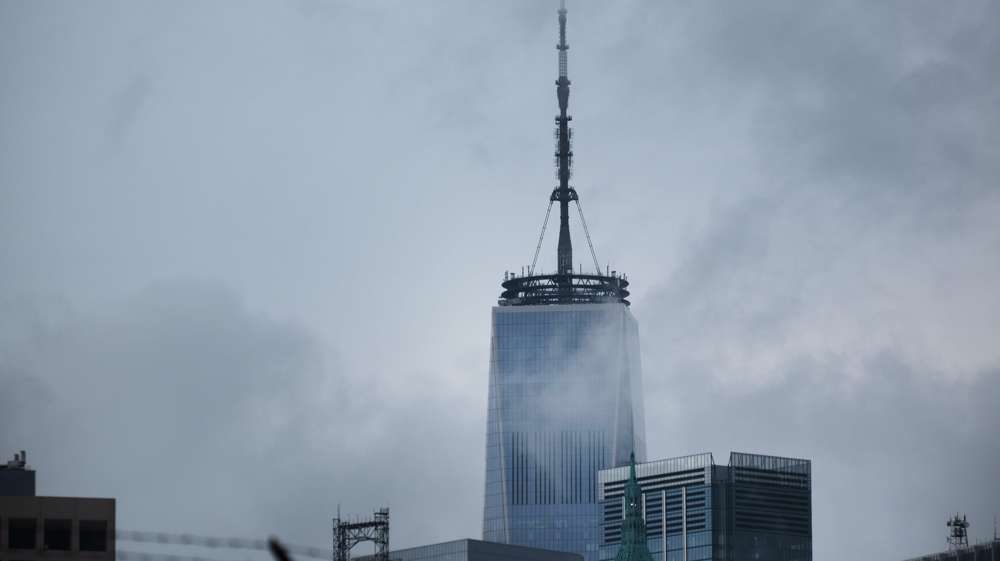
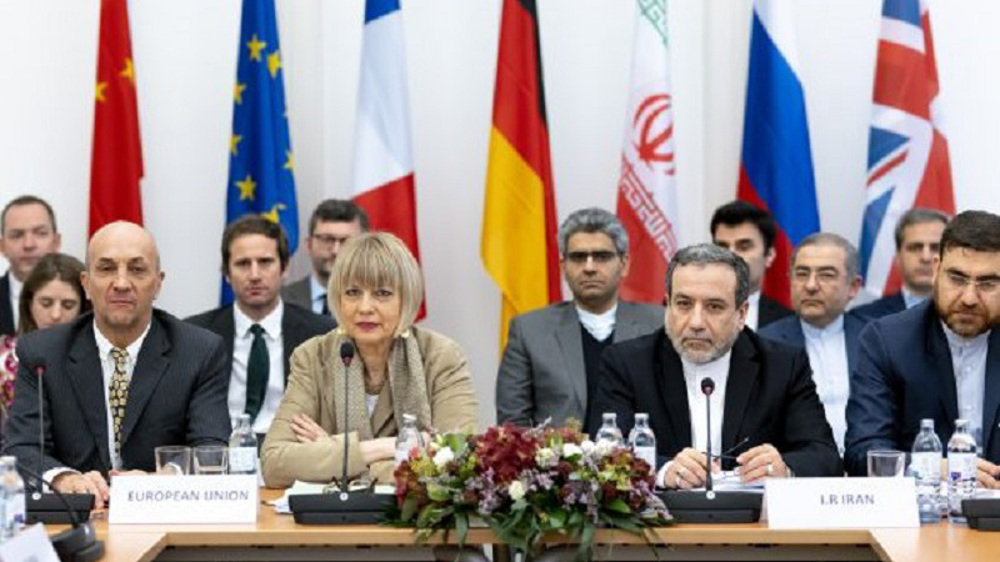
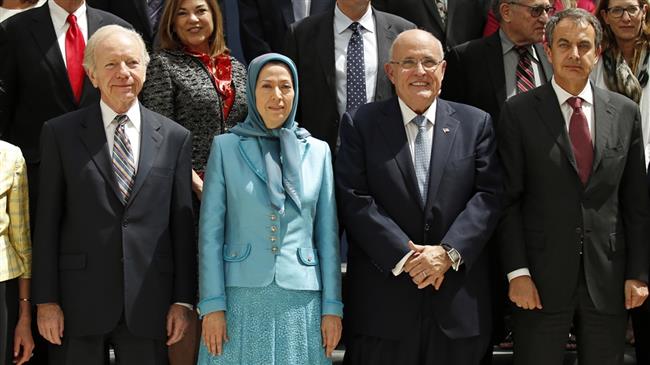
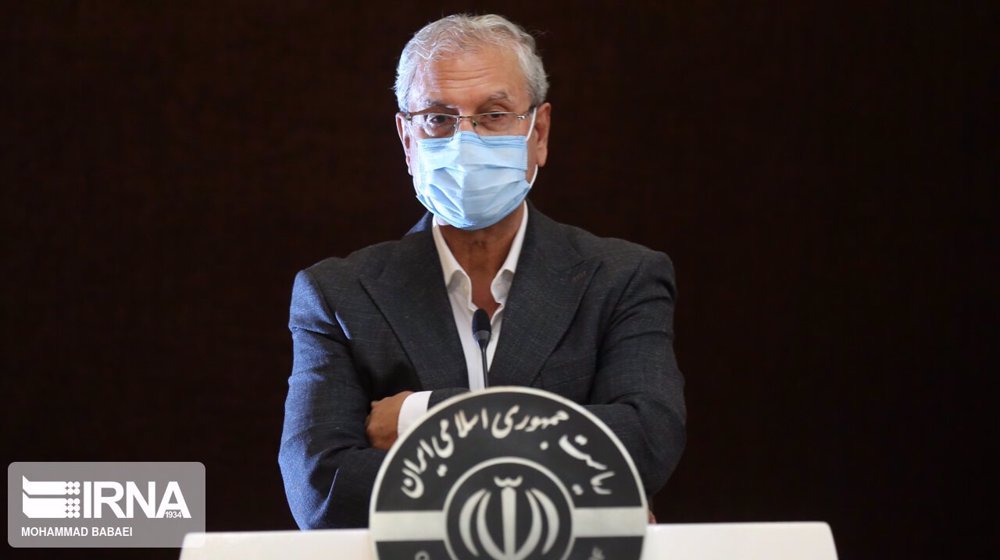
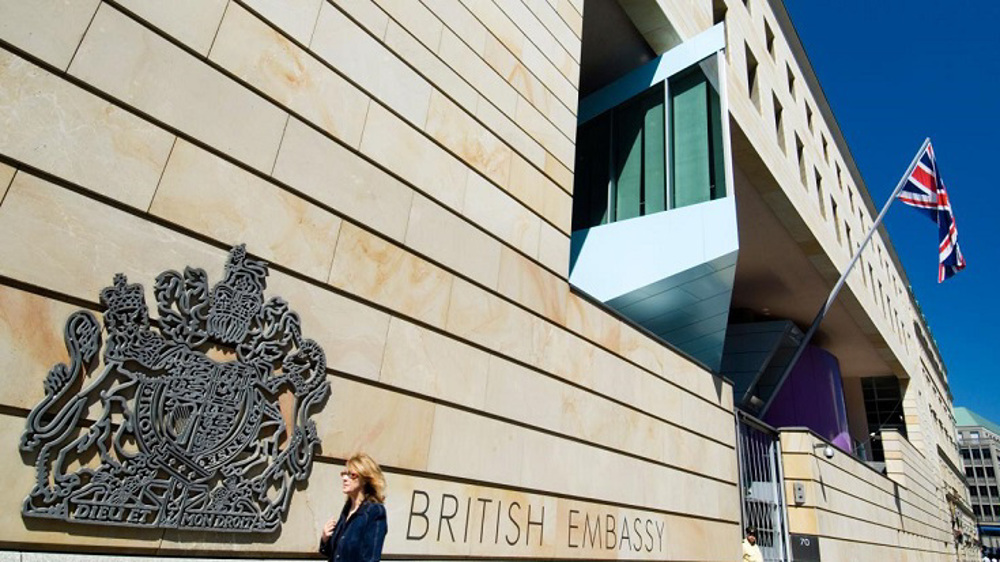





 This makes it easy to access the Press TV website
This makes it easy to access the Press TV website